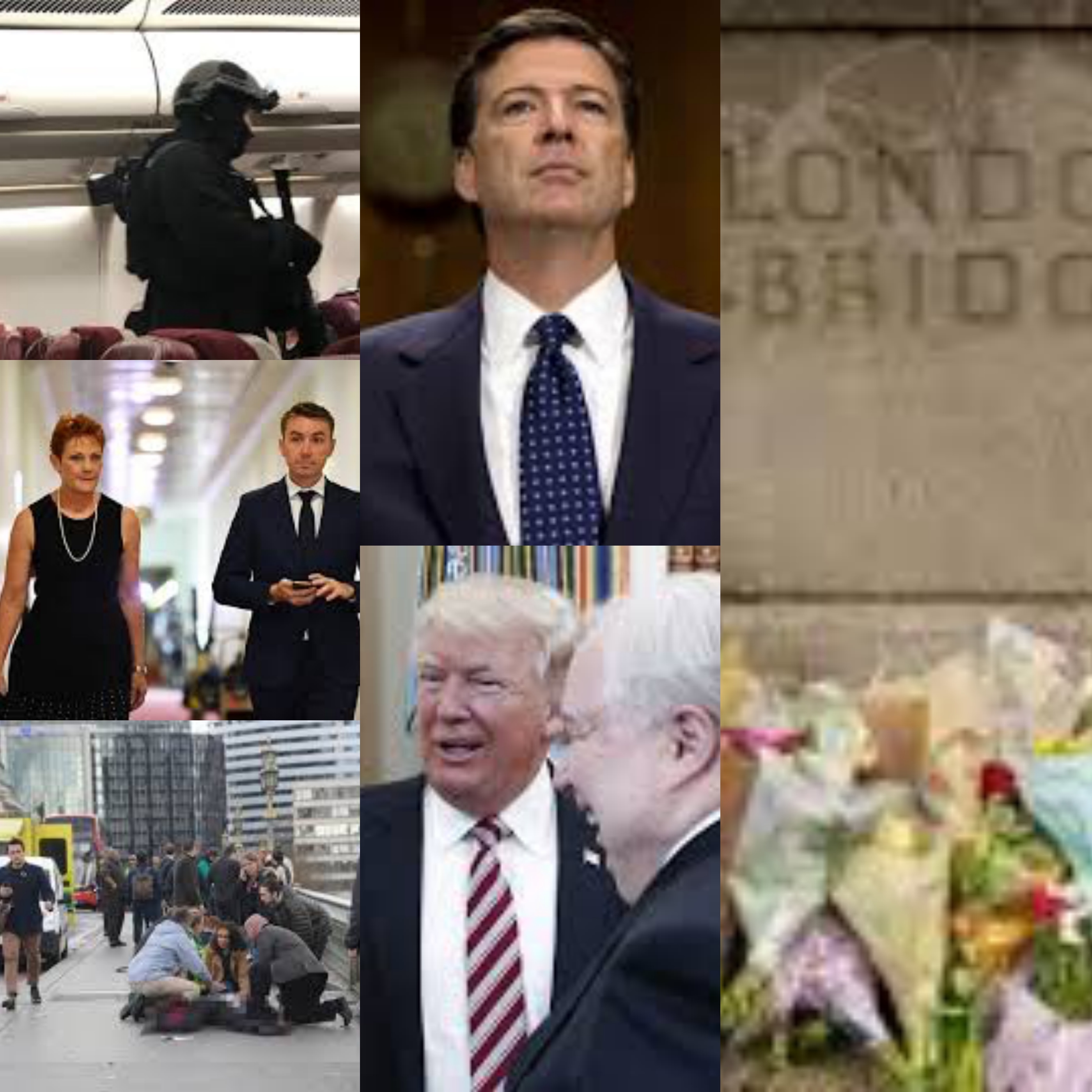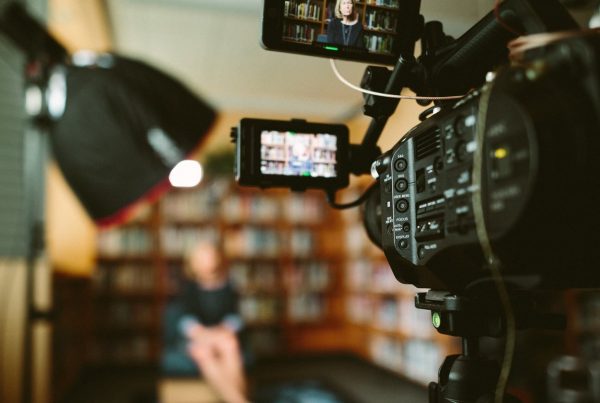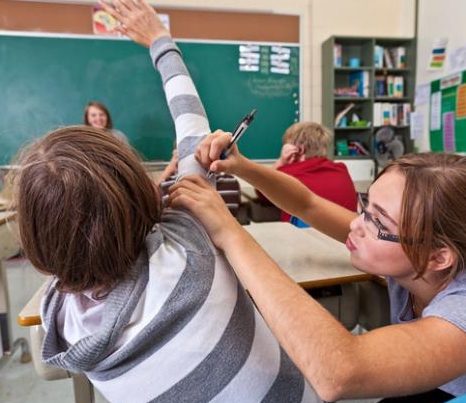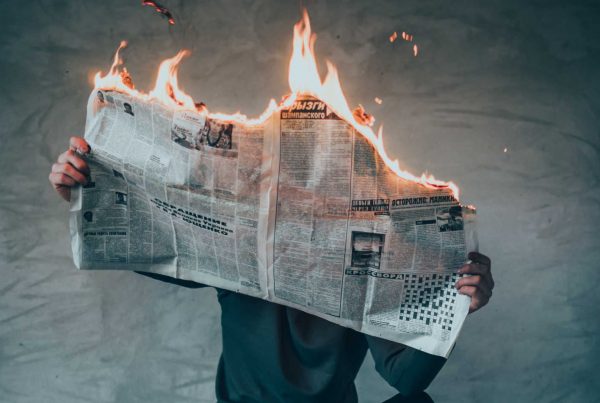It’s a sensational period for good journalism. In the last short period:
1. The Washington Post scooped that Trump leaked classified information to the Russians.
2. The New York Times broke the Comey memo story.
3. Closer to home One Nation’s leadership was exposed with leaked secretly recorded tapes.
4. The coverage of the terrorist attacks, and the sensitivity required, has brought the horror, and the discussion about Islam, into our lounge rooms.
5. Citizen journalists vigourously video-recorded the bomb hoax on MA128 in Melbourne (Malaysian Airlines doesn’t get a break does it!!).
It’s very easy to criticise journalists; rarer to praise.
But a recent Galaxy poll commissioned by Red Agency does that.
Also, interestingly, 42% of respondents think it’s important to follow the news. That’s a rare high and I wonder if that is partly because news is now so accessible – we’re all more aware of our surroundings.
Having been a journalist in a different era, I’m impressed that about half the audience thinks journalism is how we get to the truth, and that it’s important. It’s not reflected in newspaper circulation, or the TV ratings. And it wasn’t my experience. So, I intuitively think people are getting news on other platforms, and learning to appreciate it. More, the news is compelling in this moment – with the chaos around Trump and the scourge of terrorism.
Unfortunately, at a time when there’s a great need for strong journalism, journalists are being sacked, as Facebook and Google steal the advertising revenue that keeps publishers viable.
It makes it tougher for those hanging in there – tighter deadlines, more stories demanded by bosses, across more platforms.
Hence the significance of those major breaking stories mentioned above. A journalist’s foundation purpose remains ‘The Public’s Right to Know’. It’s a big ask.
A journalist is a critical conduit of information, it’s a two-way street: telling leaders what the public wants, and informing the public what the leaders are doing, the good and bad – exposing political, business, state organs (police, justice, etc), social wrongs.
A publisher’s role in a democracy is threefold:
1. Delivering prompt accurate news
2. Investigating behind the news
3. Providing a forum for opinions, commentary, debate.
Those are prerequisites to a healthy democracy. Right now we see all of that functioning on steroids in Washington, as the press attempts to hold Trump to account, and in the public discourse on terrorism.
Anxious, disrupted, exciting times.







